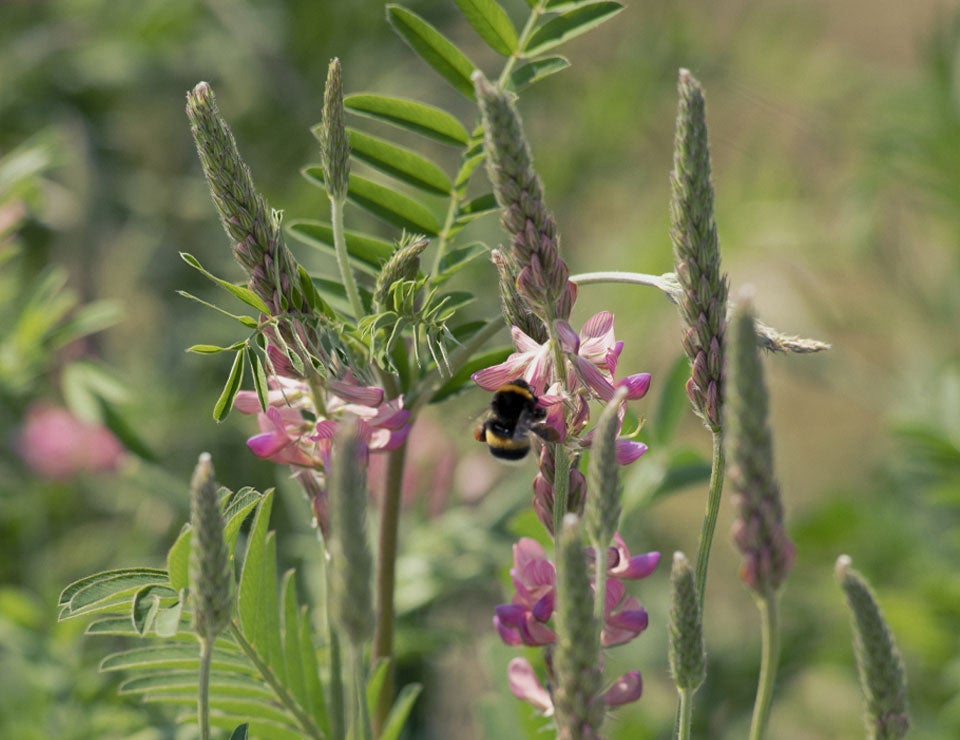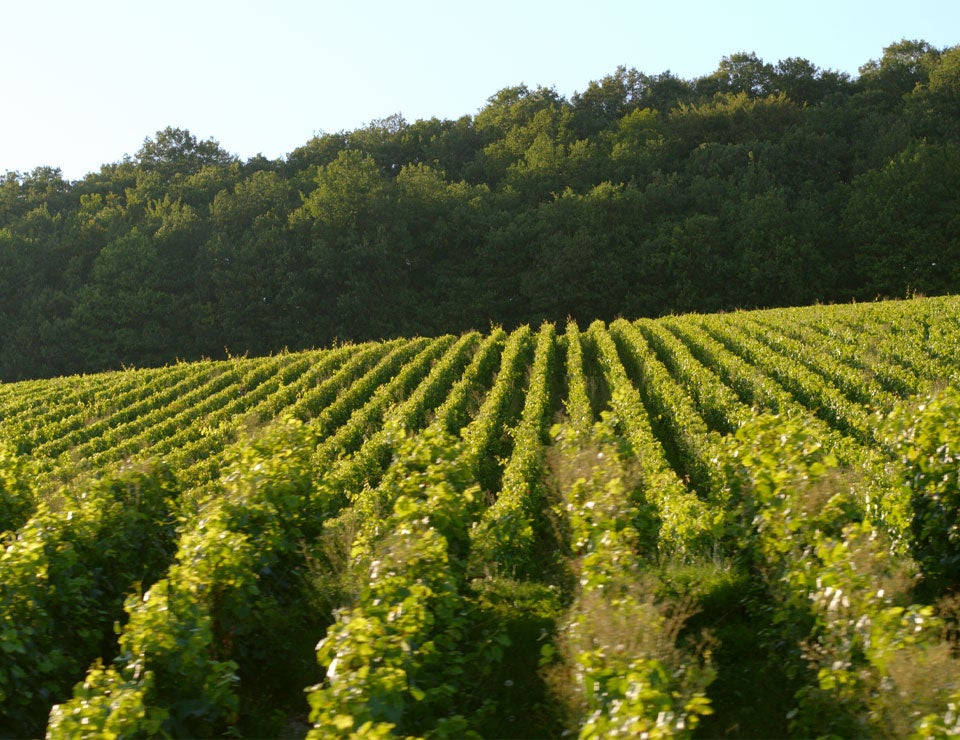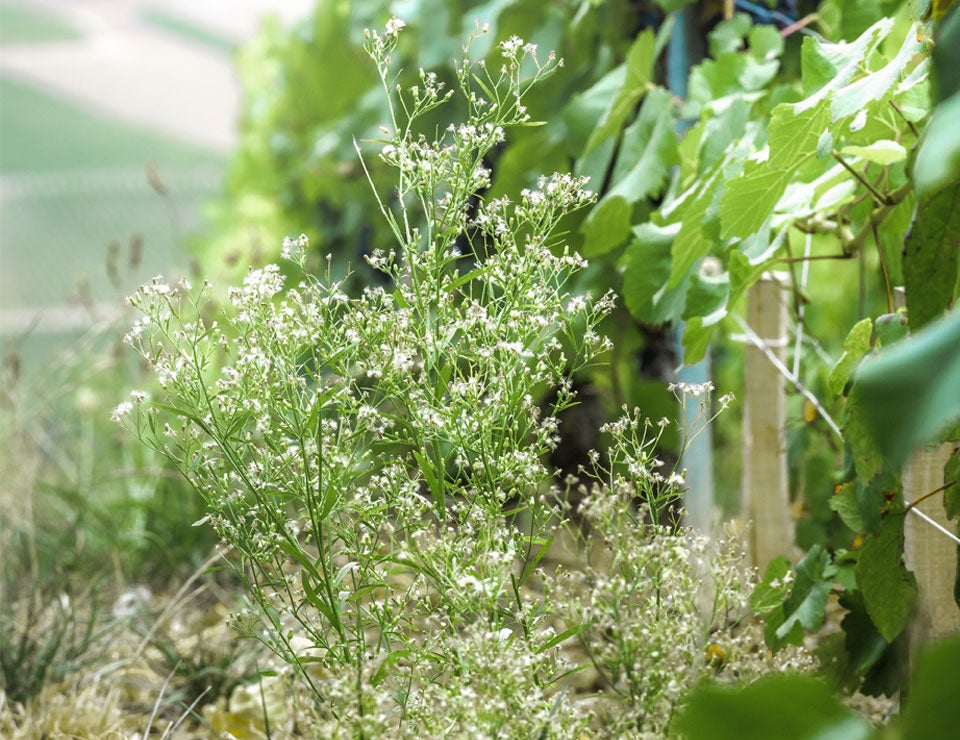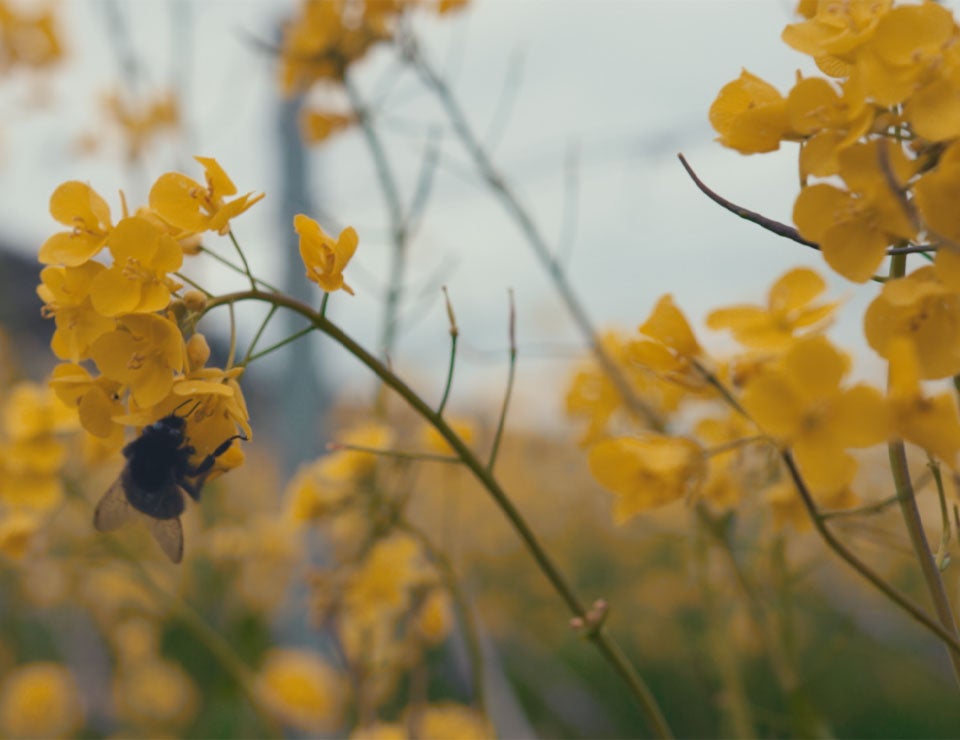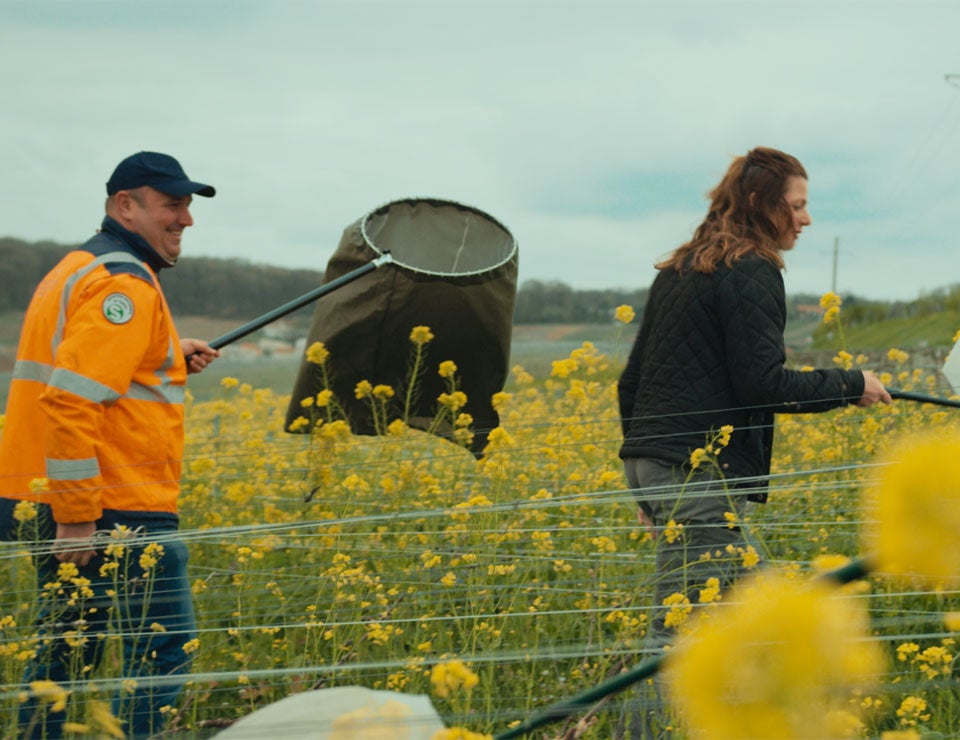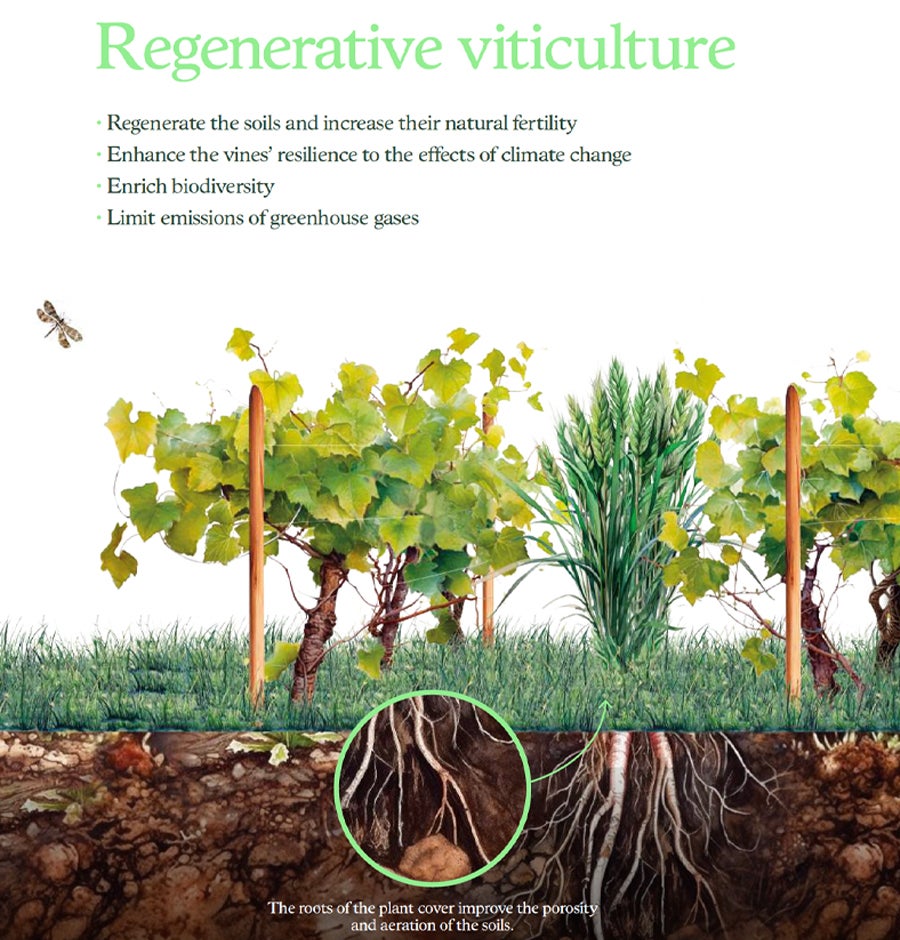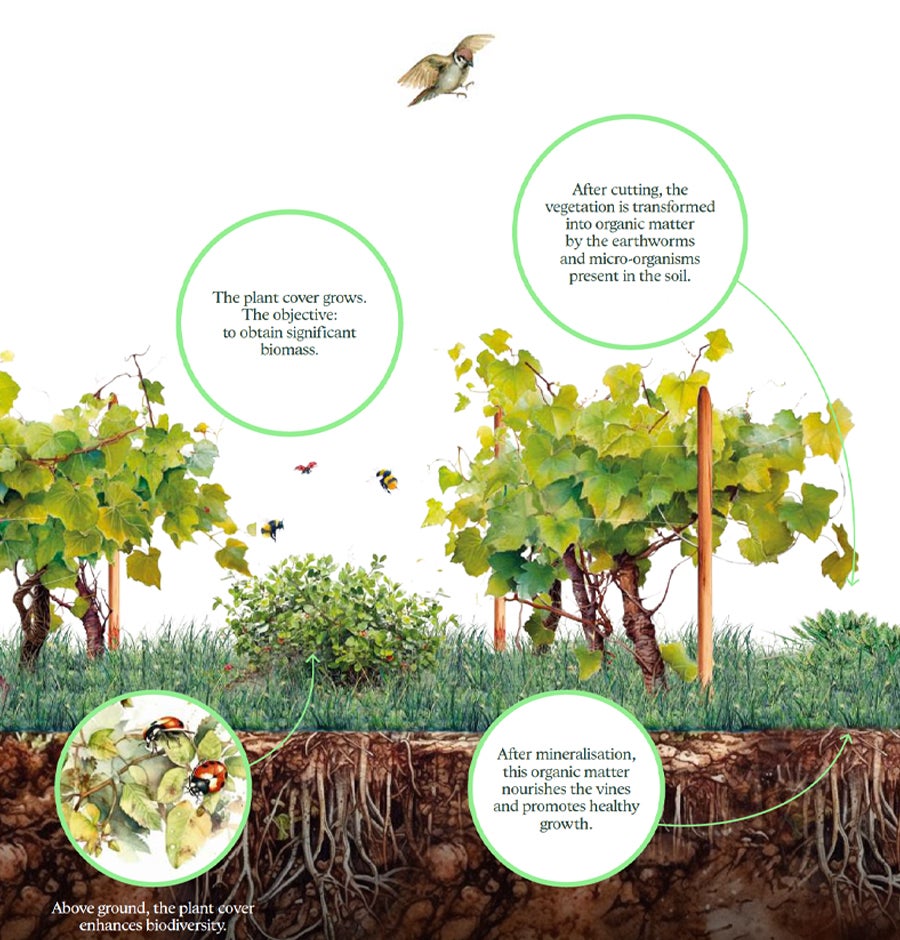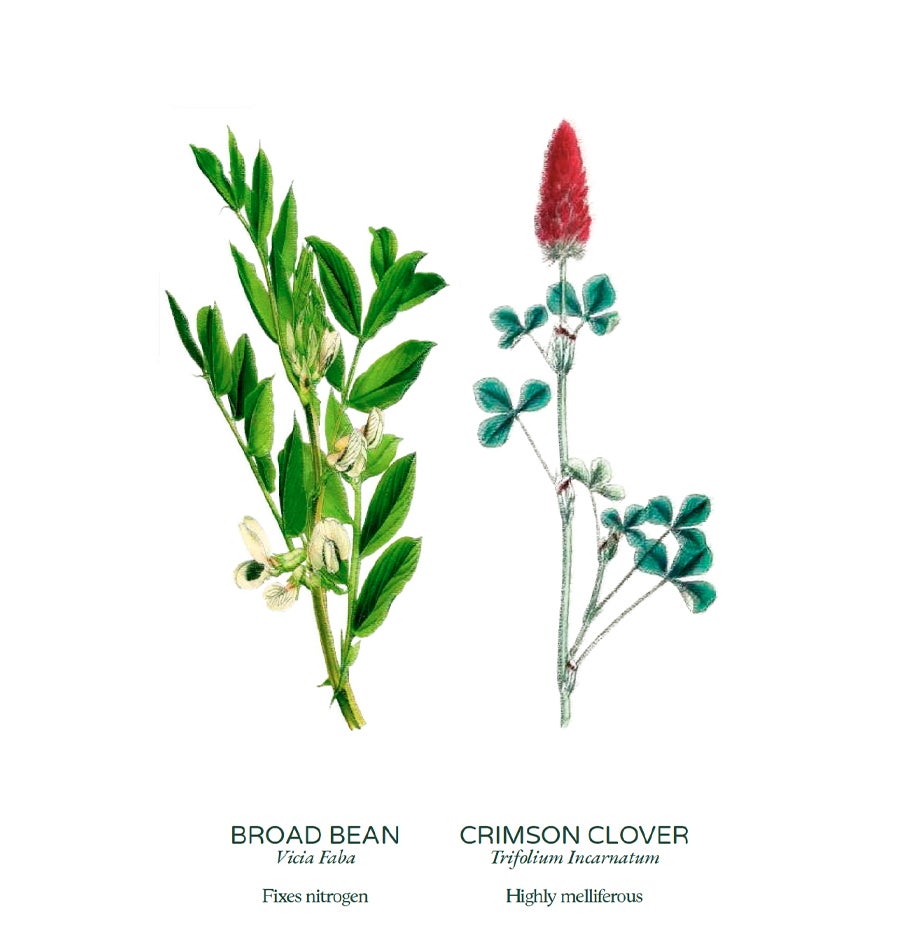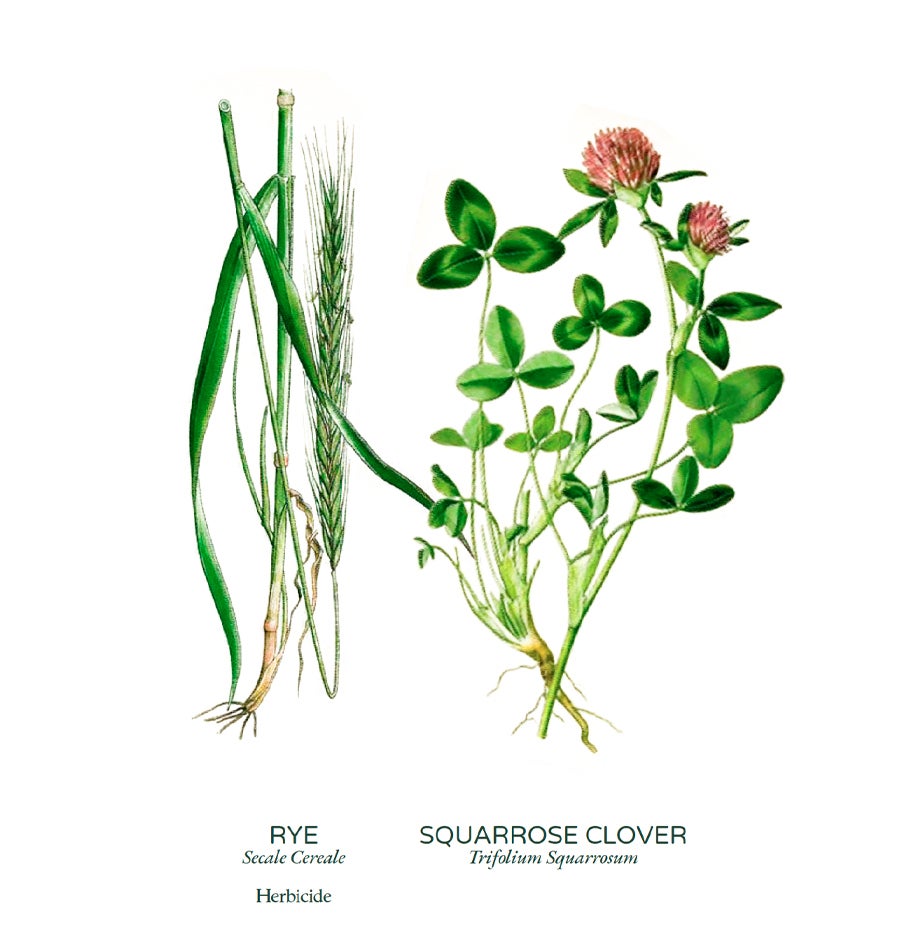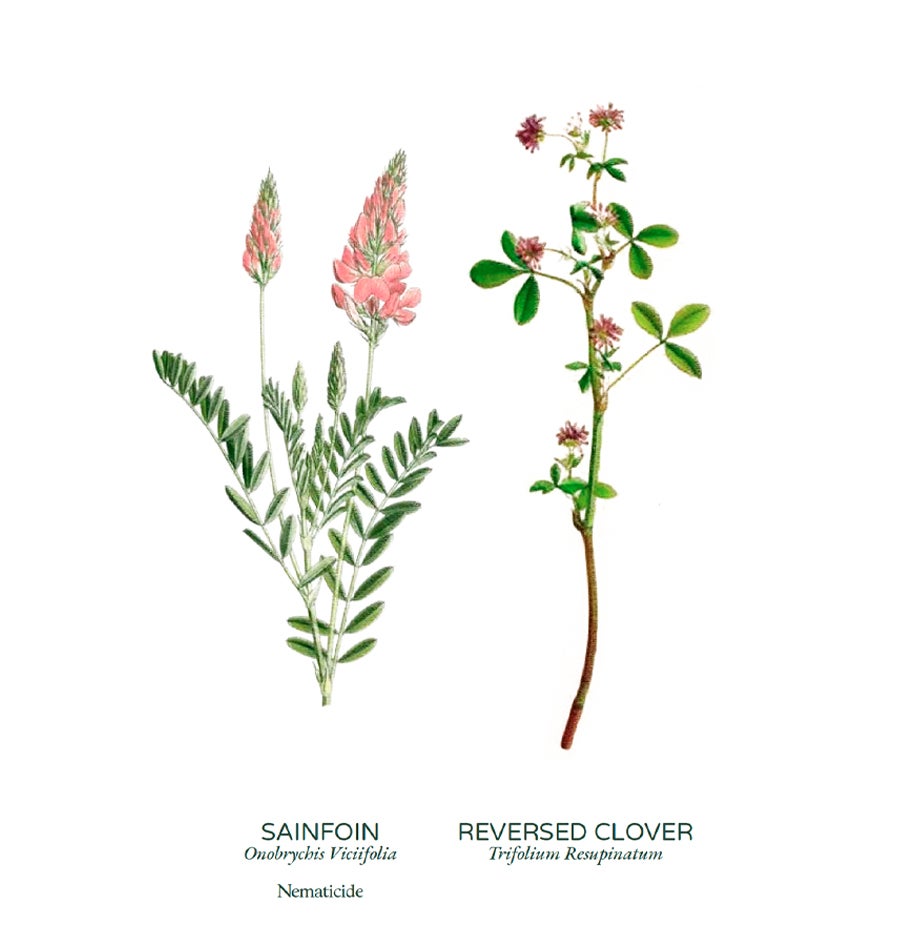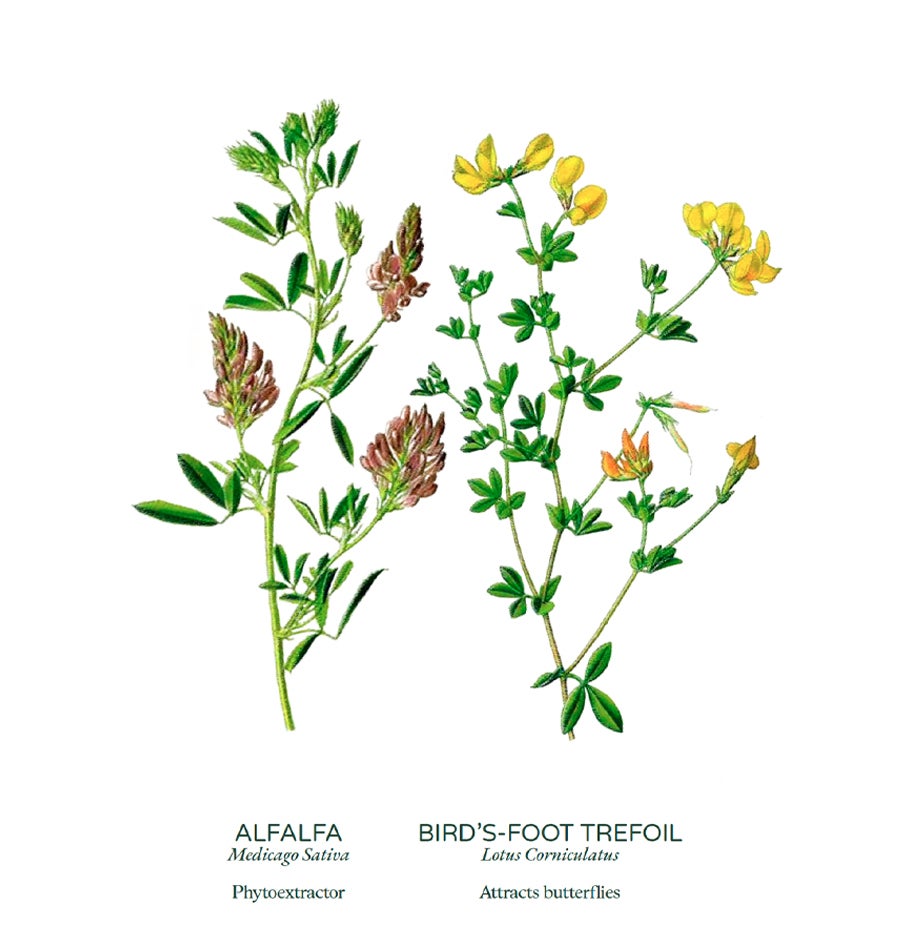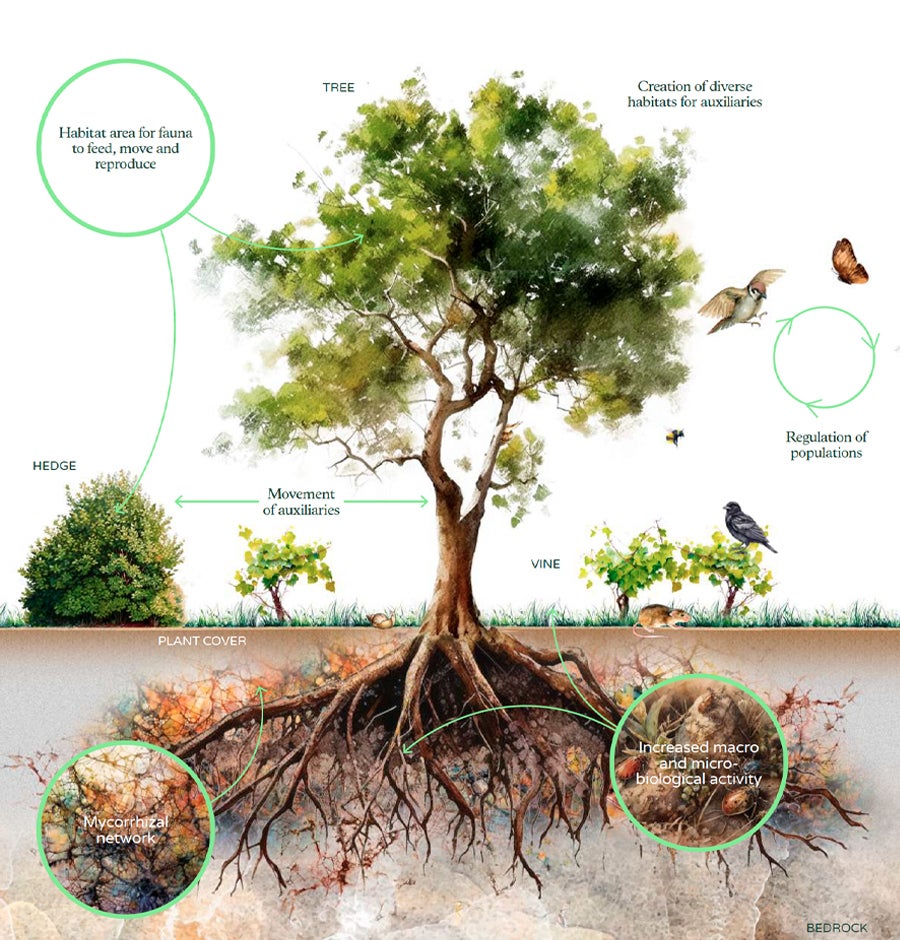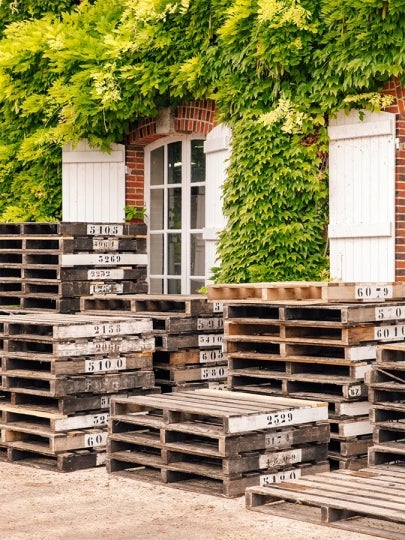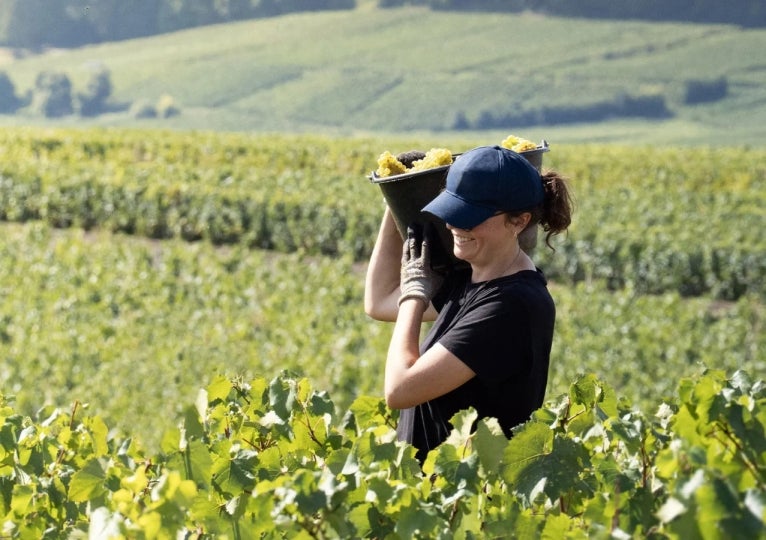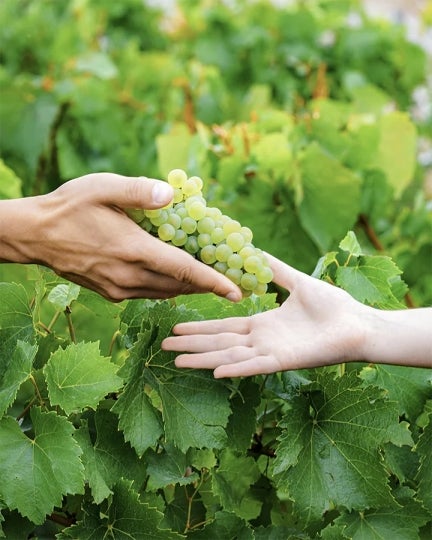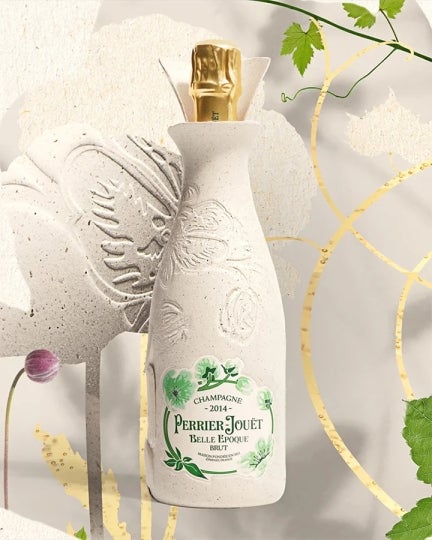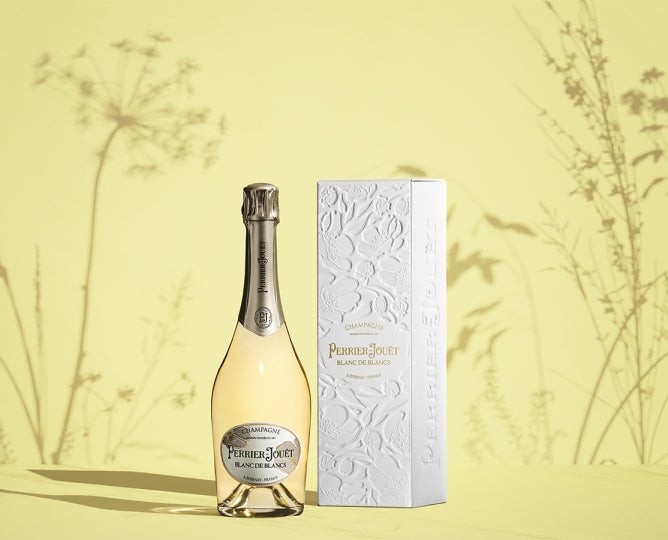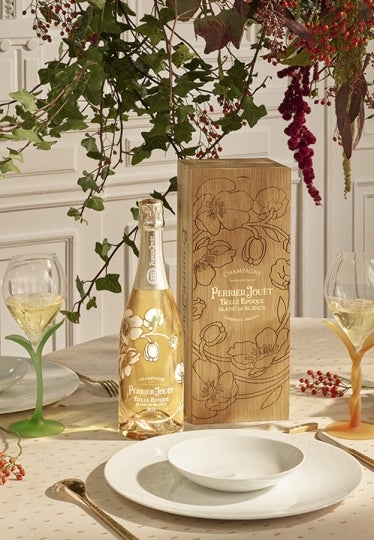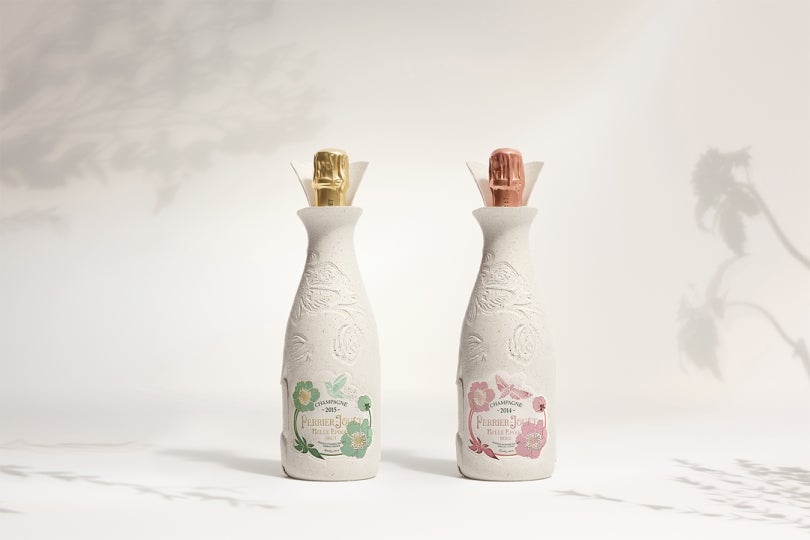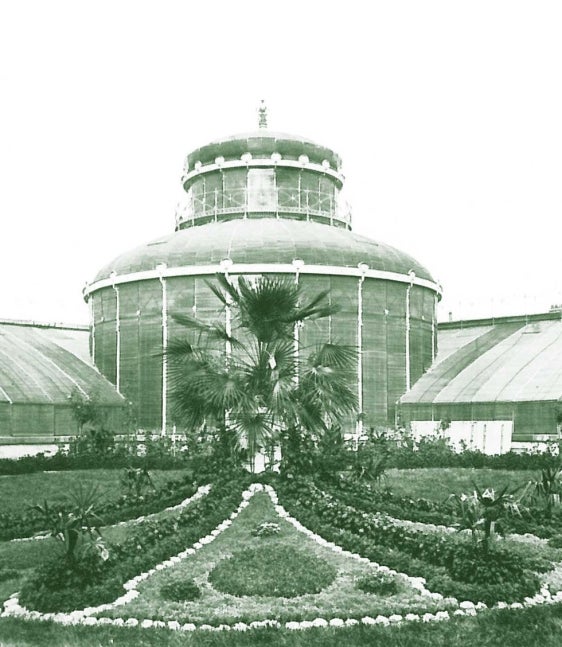

The legacy of its founders
At Maison Perrier-Jouët, we believe it all starts with a flower, a symbol that embodies the close relationship the House has maintained with biodiversity since its creation in 1811.
Widely renowned for their expertise in horticulture and botany, Pierre-Nicolas Perrier and his son Charles pioneered a number of innovative ideas in the field of natural viticulture and vineyard management. Charles Perrier was a great believer in simple methods such as the use of steam to combat woodworm. He also published a treatise on how to deal with vine parasites. Charles also championed a very specific pruning technique, designed to protect the vines from frost.
His passion is still alive today, inciting Maison Perrier-Jouët to constantly re-examine the complex web of relations which link all of the many species that make up the Champagne ecosystem.
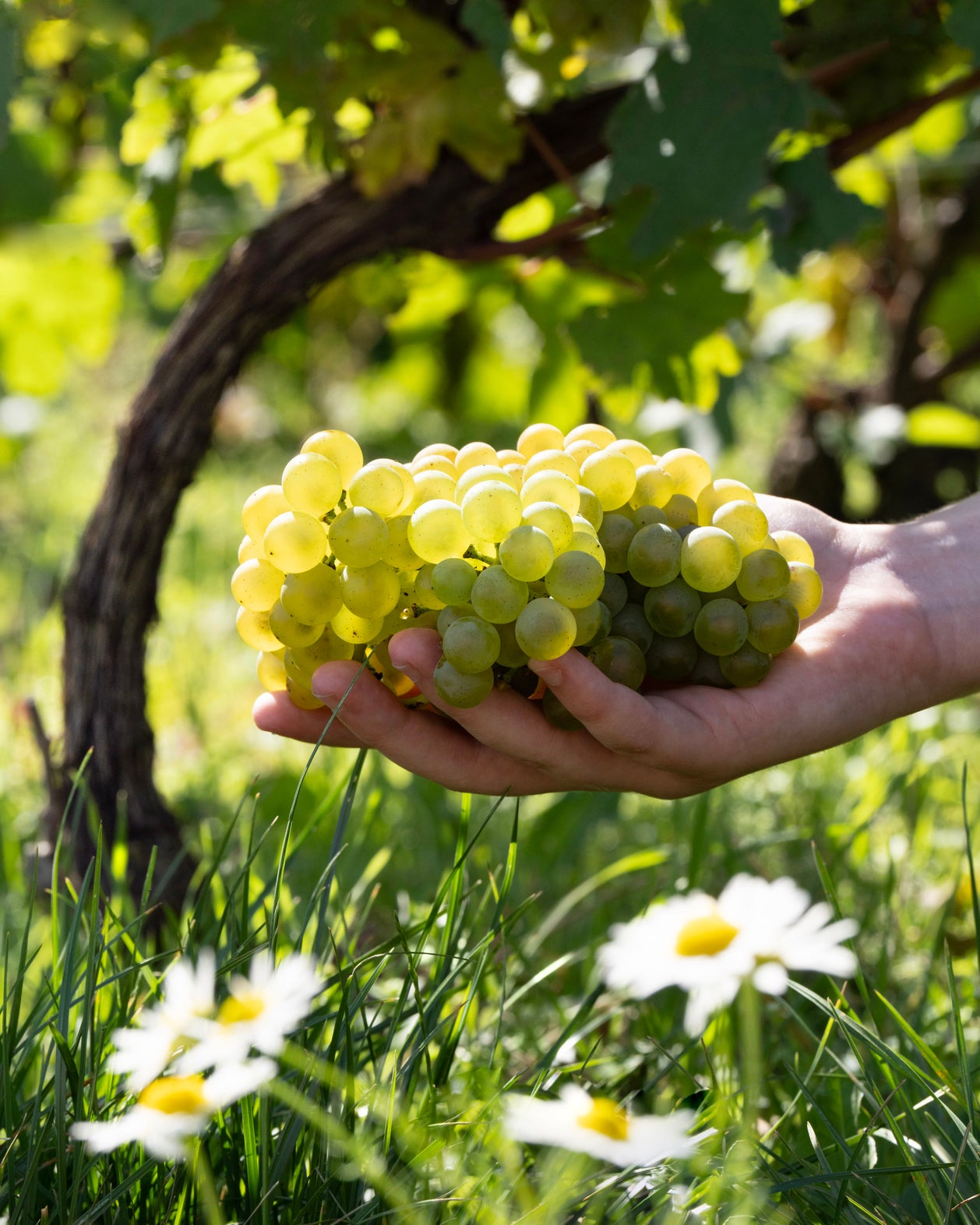
As the decline of biodiversity continues to gather pace, Maison Perrier-Jouët has spent the past 10 years trying to mitigate the impact of its activities on the environment by adapting its practices to promote natural renewal and contributing, at the local level, to the attainment of the climate goals enshrined in the Paris Agreement.
our priceless biodiversity
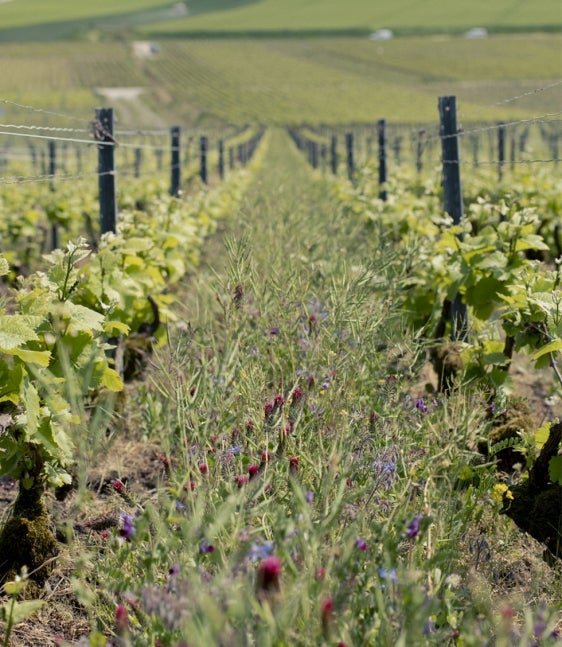
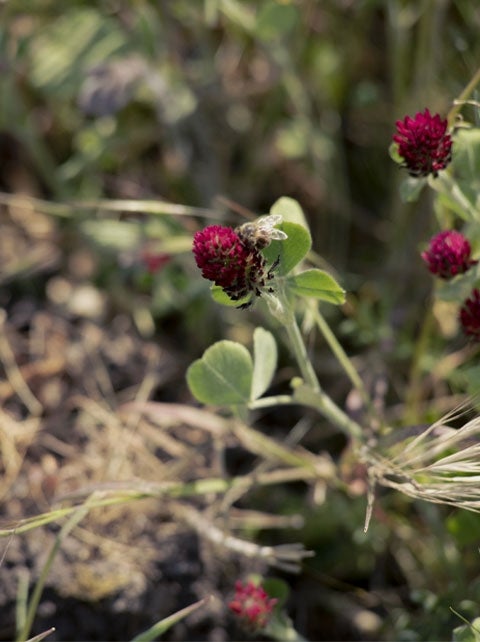
Regenerative viticulture
In order to help its magnificent terroir maintain a delicate equilibrium, Maison Perrier-Jouët is at the forefront in trialling regenerative viticulture. This holistic approach views the vineyard ecosystem as a coherent whole, encompassing the soils, the native wildlife and the winegrowing teams. It aims to:
- Regenerate the soils and boost their natural fertility
- Improve the resilience of the vines when faced with the effects of climate change
- Enrich biodiversity
- Limit greenhouse gas emissions
Maison Perrier-Jouët is currently experimenting with regenerative viticulture on around ten hectares of its own vines (41% of the House’s vineyards), and shares the benefits of these experiments with its winegrowing partners.
Out in the vineyards,
Maison Perrier-Jouët is trialling
two types of plant cover.
Biomass cover crops
Biomass cover crops are sown after harvesting and grown during spring. After soil layering in early May, they decompose and provide nutrients that promote biodiversity in the soil (bacteria, fungi, earthworms), helping to bring the soil back to life and restore its natural balance. The biomass cover crops trialled by Maison Perrier-Jouët include forest rye, faba bean, squarrose clover and red clover.
Flowering cover crops
Flowering cover crops restore biodiversity by offering food and shelter for pollinating insects. Their root systems also add structure to the soil and provide additional organic matter. The flower beds at Maison Perrier-Jouët are home to 14 melliferous species of wild and leguminous plants. The leguminous plants help to fix nitrogen from the air, thereby offsetting the nitrogen consumption of the other species in the mix.
Vitiforestery
In 2023, almost 2,000 trees and bushes have been planted at Cramant and Mailly, forming hedgerows, thickets and copses.
These biological corridors provide spaces for wildlife to move about, feed, rest and reproduce. An array of other initiatives – including bat boxes, perches for birds of prey and efforts to monitor the presence of various species in the vineyards – are all contributing to efforts to boost biodiversity.
By finding innovative uses for previously untapped resources, switching to renewable energy sources and bringing back age-old modes of transportation, Perrier Jouët is radically rethinking its production, packaging and transport practices.
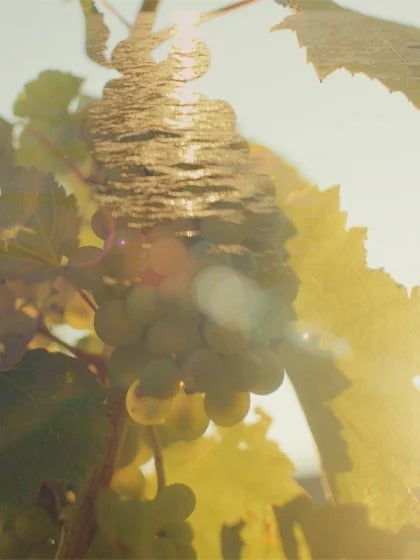
Creating and distributing wine
‒ All of the House’s production facilities run on green energy. Its facilities in Épernay should eventually be 100% powered by the town’s biomass network, as soon as it is ready to launch.
‒ From our cellars to your table, Perrier-Jouët keeps the use of air freight to an absolute minimum – almost zero in 2022, or 0.1% to be precise.
‒ Rail, river and sea routes are prioritized over road freight, particularly for transporting containers to maritime ports and also for distribution in certain markets.
‒ In addition, Maison Perrier-Jouët has signed a partnership with TOWT, a Britanny-based company that develops low-carbon transport solutions thanks to sail-powered cargo ships, allowing it to reduce its emissions by 90% compared to traditional cargo ships and offer the best CO2 performance on the market.
‒ Across the transport chain as a whole, the House is working to optimize loads and increase the use of biofuels to reduce its carbon footprint.
the art of gifting
- Made from 100% natural fibres from FSC-certified forests and 30% lighter than previous gift box, the Ecobox is fully recyclable and produced from a single material.
- Belle Epoque Cocoon has been designed with recyclability in mind and is made from just two materials: paper pulp from FSC-certified forests and 5% vine cuttings recovered after winter pruning. It weighs just 49 g, making it 93% lighter compared to previous gift boxes.
- For its large format Belle Epoque Cuvées, as well as for its Belle Epoque Blanc de Blancs bottles, a wooden box has been created with an emphasis on upcycling. These boxes are made from pieces of untreated wood left over after the staves used in barrel-making have been cut and recovered from a family business committed to the sustainable management of French forests.
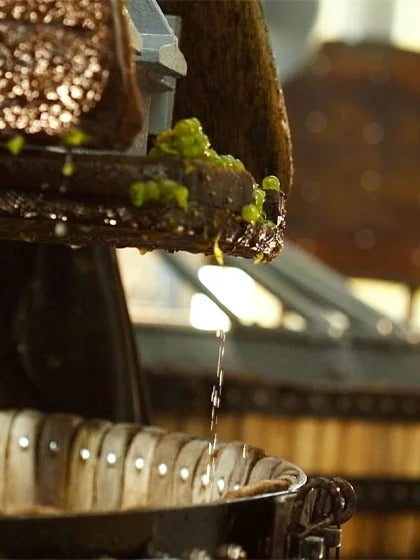
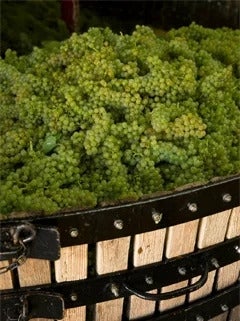
Precious resources
More than 90% of the waste generated during the manufacture of Maison Perrier-Jouët’s packaging materials – including corks, foil caps, cages, labels and boxes – is sorted and recycled.
All of the by-products of the fermentation process (lees, sediment and the must left after disgorging) are reused in various ways. They are collected by a local distillery and transformed into ingredients for use in cosmetics (essential oils), food and drink (oils) or nutrient-rich compost.
At Perrier-Jouët, it all begins with a flower…SEVERINE FRERSON
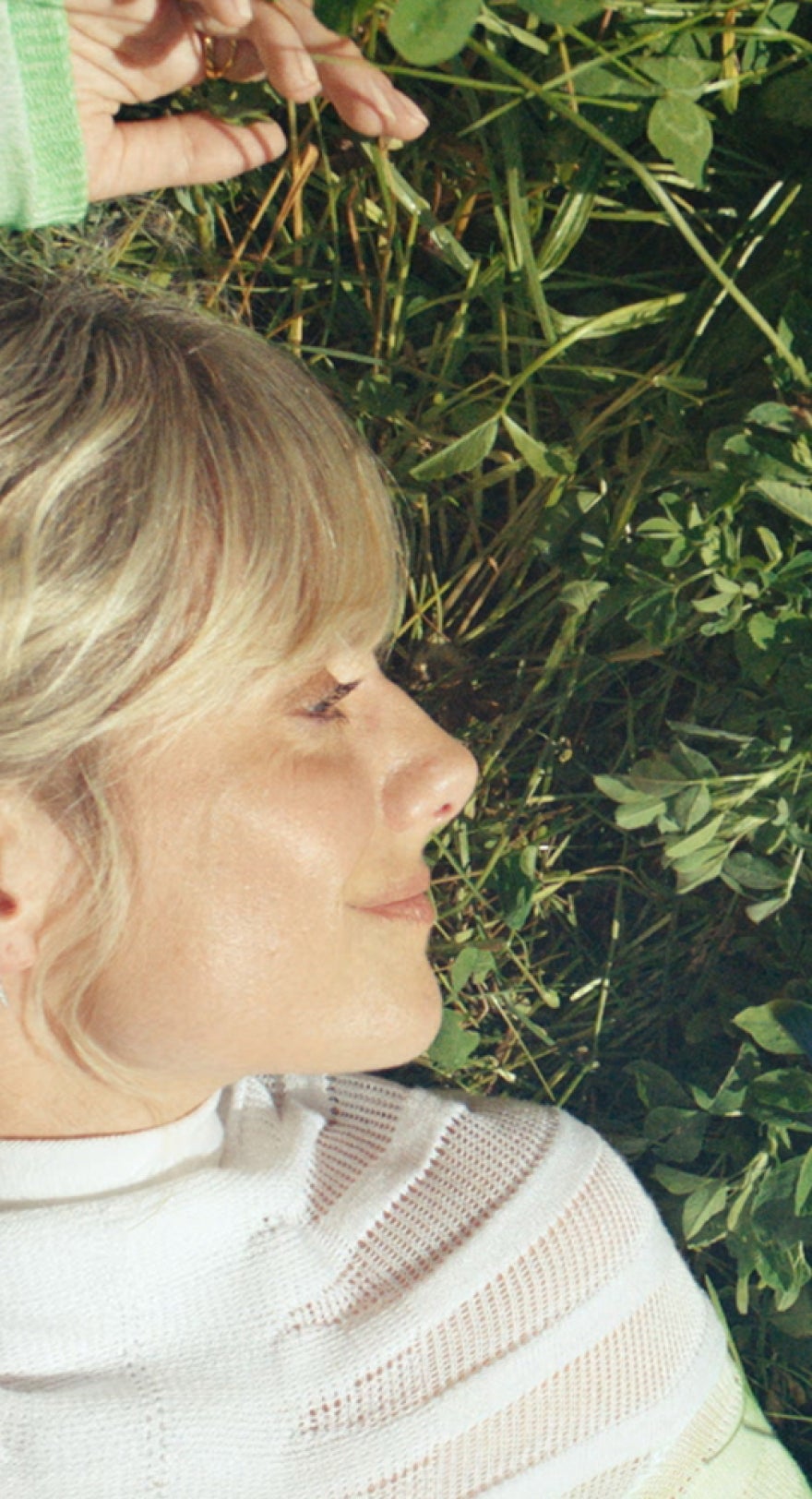
Preparing the viticulture of the future
A collective action approach
To increase the benefits of regenerative viticulture experiments undertaken in its vineyards and share what it has learned, Maison Perrier-Jouët is providing support and assistance to its partner winegrowers. On the one hand, it offers training programs, personalized support, and financial assistance to help them obtain sustainable viticulture certification and on the other, it is gradually raising awareness of the benefits of regenerative viticulture.
As part of this initiative, the House’s partners are regularly invited to visit the Perrier-Jouët vineyards to discuss the experiments it carries out to limit the impact of viticulture on biodiversity and regenerate the soil. The first group of winegrowers is already receiving support in conducting cover crop experiments in their plots. Maison Perrier-Jouët has also familiarized all of its employees with the regenerative viticulture program. This collective approach in the vineyards is one of the keys to succeeding in sustainable initiatives, given that people are part of the biological ecosystem in which they live and work.


